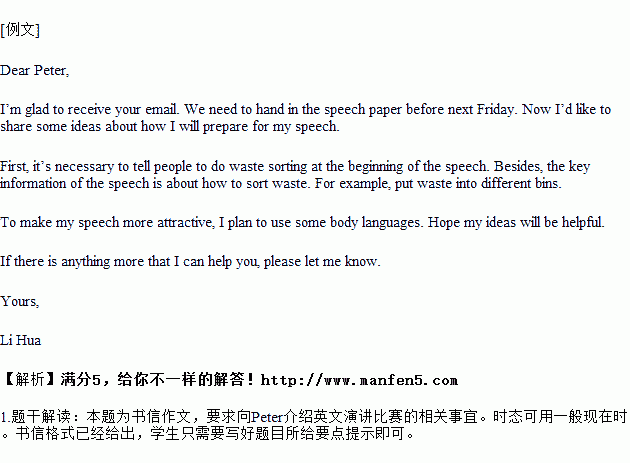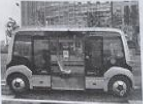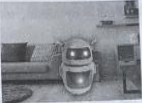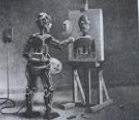题目内容
假如你是李华,你们学校正在开展“垃圾分类”宣传活动,倡议大家在日常生活中正确地进行垃圾分类。为了达到更好的宣传效果,学校将在本月底开展一次英文演讲比赛。你们班的交换生Peter给你发邮件询问相关事情。请用英语回复一封邮件,告诉他演讲稿上交的时间,并分享你对演讲的一些想法。
提示词语:necessary, waste sorting(垃圾分类), different bins(垃圾箱), body languages
提示问题:
● When should you hand in the speech paper?
● What would you like to share with Peter about the speech?
Dear Peter,
I’m glad to receive your email. ________________________________________________________________________________________________________________________________________________________________________________________________________________________________________________________________________________________________________________________________________________________________________________________________________________________________________________________________________________________________________________________________________________________________________
If there is anything more that I can help you, please let me know.
Yours,
Li Hua
AI(人工智能) makes our lives easier and better. Let’s see the amazing AI.
| Cool driverless bus A bus door opens and you get on. Wait, where is the driver? Here is a new kind of driverless bus called Apolong. It was produced in 2018. It can seat 14 people and doesn’t need a driver. The bus follows traffic rules. |
| Your close friend Hi, everyone. I’m Xiaoice, a chatbot(聊天机器人). I was “born” in 2014. I speak like a 17-year-old girl. If you feel lonely, you can talk with me. I’m good at singing and telling stories. I want to be your friend! |
| World’s first AI presenter Hey, look! The famous Chinese presenter Qiu Hao is reporting the news for us. But, is “he” really Qiu Hao? The answer is “no”. This is the world’s first AI presenter. It was invented in 2018. It looks and speaks just like a real person. |
| Popular AI artist This beautiful painting was at an auction(拍卖) in 2018. It sold for about 3,000,000 yuan! But it is not a work by a famous painter, such as Vincent van Gogh. It was painted by an AI artist. Three Frenchmen created the AI artist in 2017. |
1.When was Apolong produced?
A.In 2019. B.In 2018. C.In 2017. D.In 2014.
2.Both Qiu Hao and Xiaoice can ________.
A.drive B.paint C.swim D.speak
3.________ created the AI artist.
A.Three Frenchmen B.A 17-year-old girl C.The Chinese presenter D.Vincent van Gogh





